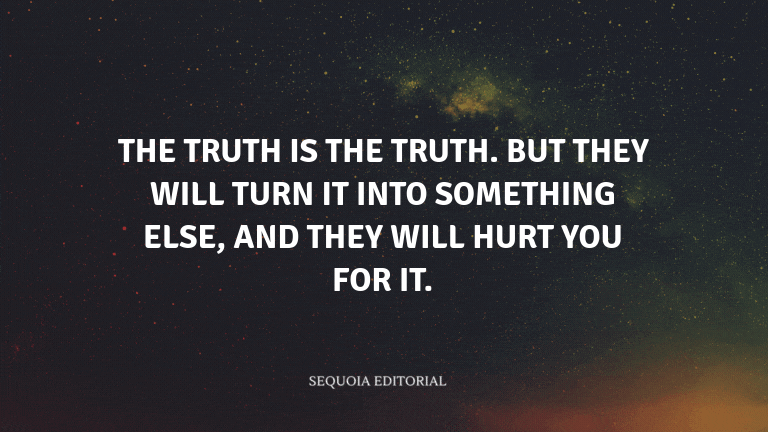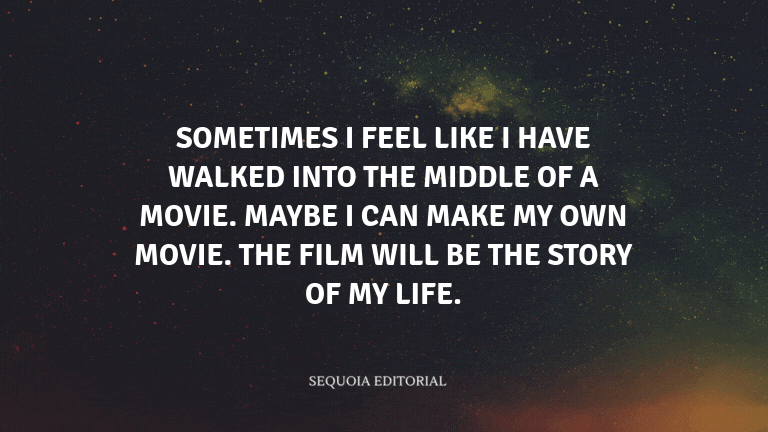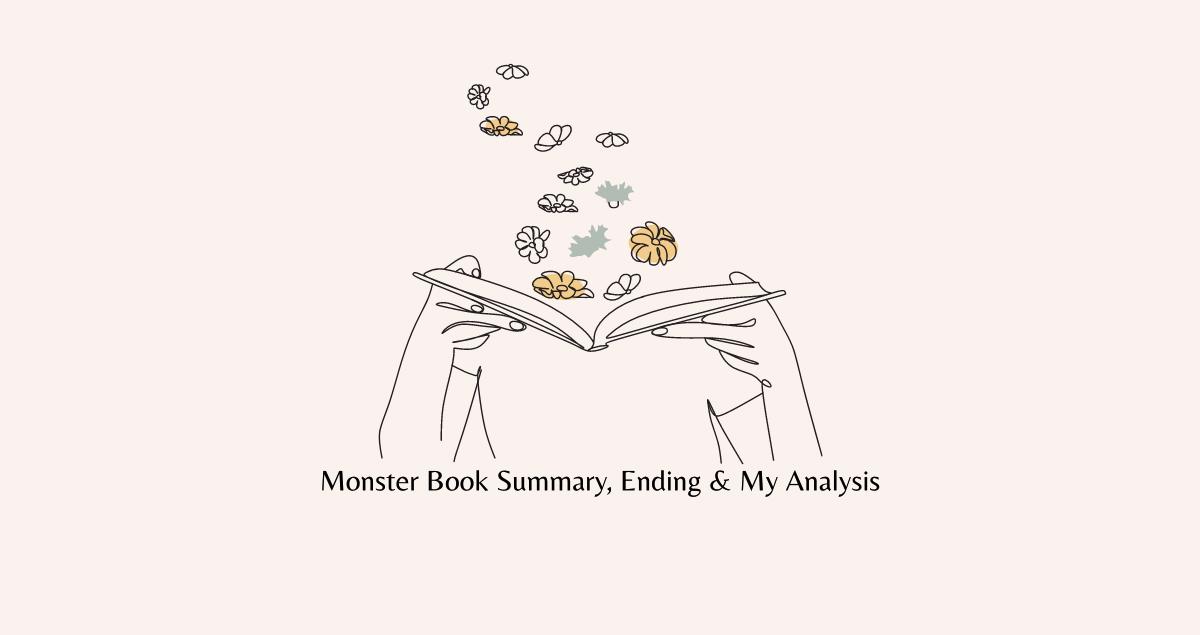Monster is about a sixteen-year-old African American teenager named Steve Harmon who is on trial for his alleged involvement in a robbery that ended in murder. The story is presented in the form of a screenplay, reflecting Steve's love for filmmaking, and as he grapples with his identity and morality in the face of the trial.
Table of Content
Monster Book Summary
Steve Harmon, a sixteen-year-old aspiring filmmaker, finds himself in a nightmare. He's on trial for felony murder after a robbery goes wrong, and a man is shot dead. The prosecutor, Sandra Petrocelli, paints him as a monster. Steve's defense attorney, Kathy O'Brien, counters with the argument that Steve is just a kid caught in the wrong place at the wrong time.
Throughout the trial, Steve grapples with his own identity and morality. The evidence against him seems insurmountable. A key witness, Richard 'Bobo' Evans, testifies that he saw Steve acting as a lookout during the robbery. Another witness, Osvaldo Cruz, also implicates Steve.
As the trial progresses, Steve feels the weight of public opinion. He is a black teenager in a courtroom filled with white faces. The jury's perception of him is shaped not only by the evidence but also by the color of his skin.
Steve's internal turmoil is compounded by the betrayal of his former friend, James King, who is also on trial for the murder. King's involvement casts a shadow on their past relationship.
As the defense presents its case, Kathy O'Brien emphasizes the lack of solid evidence against Steve. She highlights the unreliability of the witnesses and the possibility of Steve's innocence. The defense rests, and the trial enters its final stage.
The tension in the courtroom reaches its peak during closing arguments. The prosecution paints a damning narrative of Steve's guilt, while the defense pleads for the jury to consider the lack of concrete proof.
The jury deliberates, and Steve's life hangs in the balance. The verdict is delivered, and it is a moment of truth. Steve is acquitted of the murder charge, but the experience has changed him forever. He grapples with his own sense of guilt and innocence, and the trial's impact echoes in his pursuit of filmmaking.
Despite his freedom, Steve still confronts the judgment of society. The lines between truth and perception blur. His journey through the trial has taught him about the complexities of life and the importance of individual perspective and empathy.
Monster is a powerful exploration of justice, identity, and the impact of a single moment. It sheds light on the flaws of the legal system and the societal prejudices that shape the outcome of trials. Through the lens of Steve's story, it calls for a deeper understanding of innocence and guilt.
The screenplay format that Steve uses to narrate his story is both a reflection of his passion for filmmaking and a tool to distance himself from the harsh reality of the trial. This unique narrative style adds layers of complexity to the storytelling, as the reader becomes both an observer and a participant in the events.
The trial becomes a pivotal turning point in Steve's life, forcing him to confront his own choices and the expectations of the world around him. It is a story of resilience and self-discovery, where the quest for truth is as much about the external circumstances as it is about the internal struggle.
Monster is a haunting tale that lingers in the mind of the reader, raising questions about the nature of justice and the perception of guilt. It is a reminder that in the pursuit of truth, the lines between right and wrong can often be ambiguous and subjective.
Monster Quotes
- The truth is the truth. But they will turn it into something else, and they will hurt you for it.

- Sometimes I feel like I have walked into the middle of a movie. Maybe I can make my own movie. The film will be the story of my life.

Monster Ending Explained
At the end of Monster, Steve Harmon's fate is decided. The jury finds him not guilty of the murder charge, delivering a verdict that reflects the doubt in the prosecution's case.
Steve, now a free man, grapples with the trial's impact. He is left to ponder the truth and the public's perception of him. The experience has changed him, and he confronts the moral ambiguity of his role in the events that transpired.
The story concludes with Steve's return to his passion for filmmaking. He sets out to create a documentary that reflects his journey through the trial, a way for him to grasp the reality of his past and move forward into an uncertain future.
Characters in book Monster
- Steve Harmon: The protagonist and a 16-year-old African American boy who is on trial for felony murder. He is an aspiring filmmaker and struggles with his identity and sense of morality throughout the trial.
- Kathy O'Brien: Steve's defense attorney who is determined to prove his innocence and offers him support and guidance during the trial.
- Sandra Petrocelli: The prosecutor in the case against Steve, who is relentless in her pursuit of a conviction.
- James King: A key figure in the trial, as he is alleged to have been involved in the robbery that led to the murder.
- Richard 'Bobo' Evans: The main witness for the prosecution, he testifies against Steve and King, revealing details about the crime.
- Osvaldo Cruz: A teenager involved in the crime who testifies for the prosecution in exchange for a reduced sentence.
- Asa Briggs: A member of the gang involved in the crime, and Steve's former classmate who testifies for the prosecution.
- Lorelle Henry: Another gang member, he provides testimony that incriminates Steve and King.
Key Lessons
- Question the Narrative: The stories told by others may not reflect the truth. It's essential to critically analyze the narratives presented and seek evidence and context.
- Empathy Over Judgment: Instead of jumping to conclusions, it's important to empathize and understand the complexities of an individual's situation before passing judgment.
- Perseverance in Adversity: During tough times, one's ability to endure and keep striving for the truth and justice defines their character.
- Impact of Perception: How others perceive you can shape your reality, but it's crucial to hold onto your own sense of identity and worth.
- Moral Responsibility: Recognize the weight of moral choices and take responsibility for your actions, both directly and indirectly.
My Personal Opinion
Is Monster worth reading? Absolutely, I found it to be a compelling and thought-provoking narrative that delves into issues of justice and personal identity.
I was struck by the unique perspective presented through the screenplay format, which allowed for a deep exploration of the protagonist's internal struggles and external challenges. However, I did find the story to be emotionally heavy, which may not be suitable for all readers. The weight of the trial and its implications can be overwhelming at times.
I would recommend Monster to readers who are interested in social justice issues and are open to introspective narratives. It's a book that can spark important conversations about the legal system and the impact of prejudice. The themes are mature and lend themselves to a more discerning audience.

